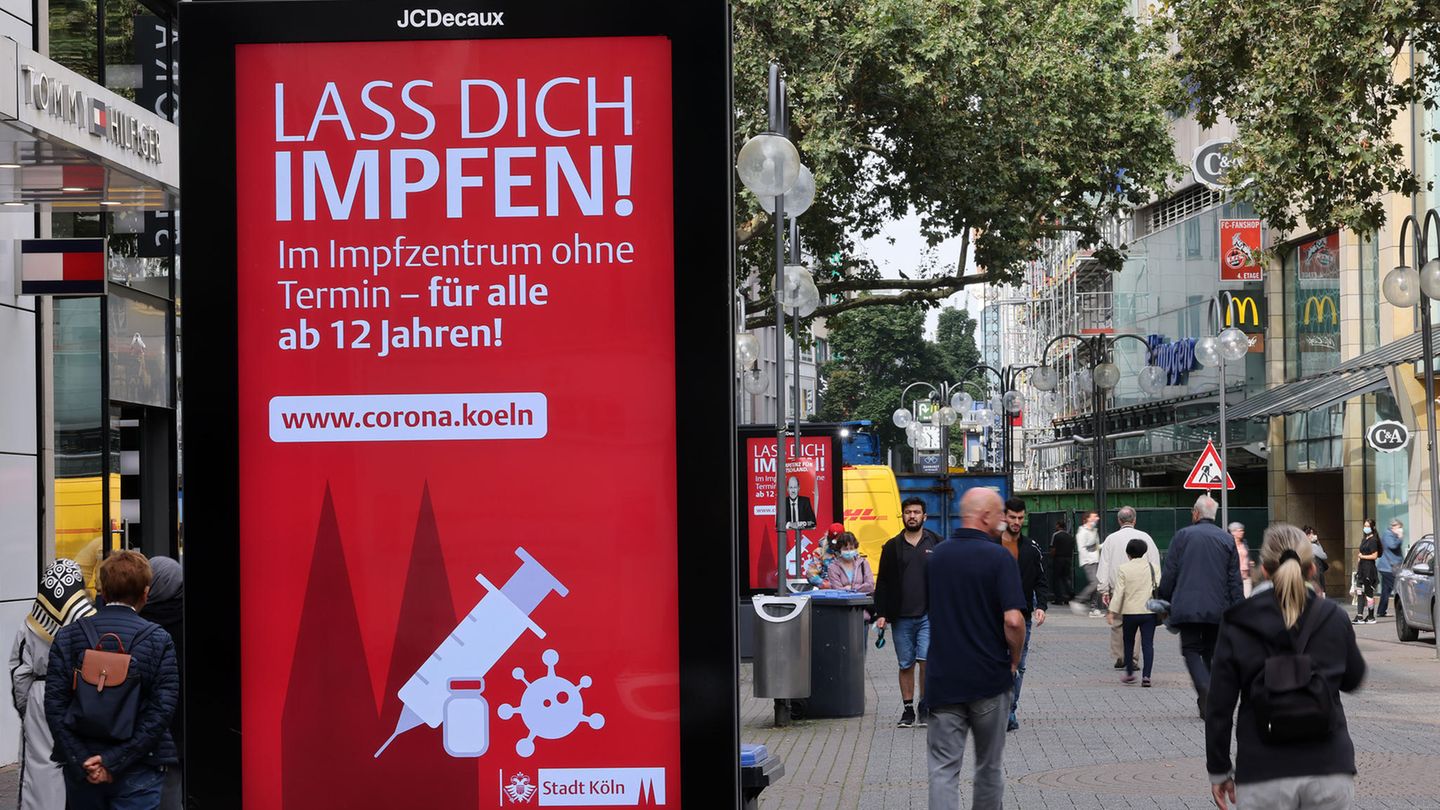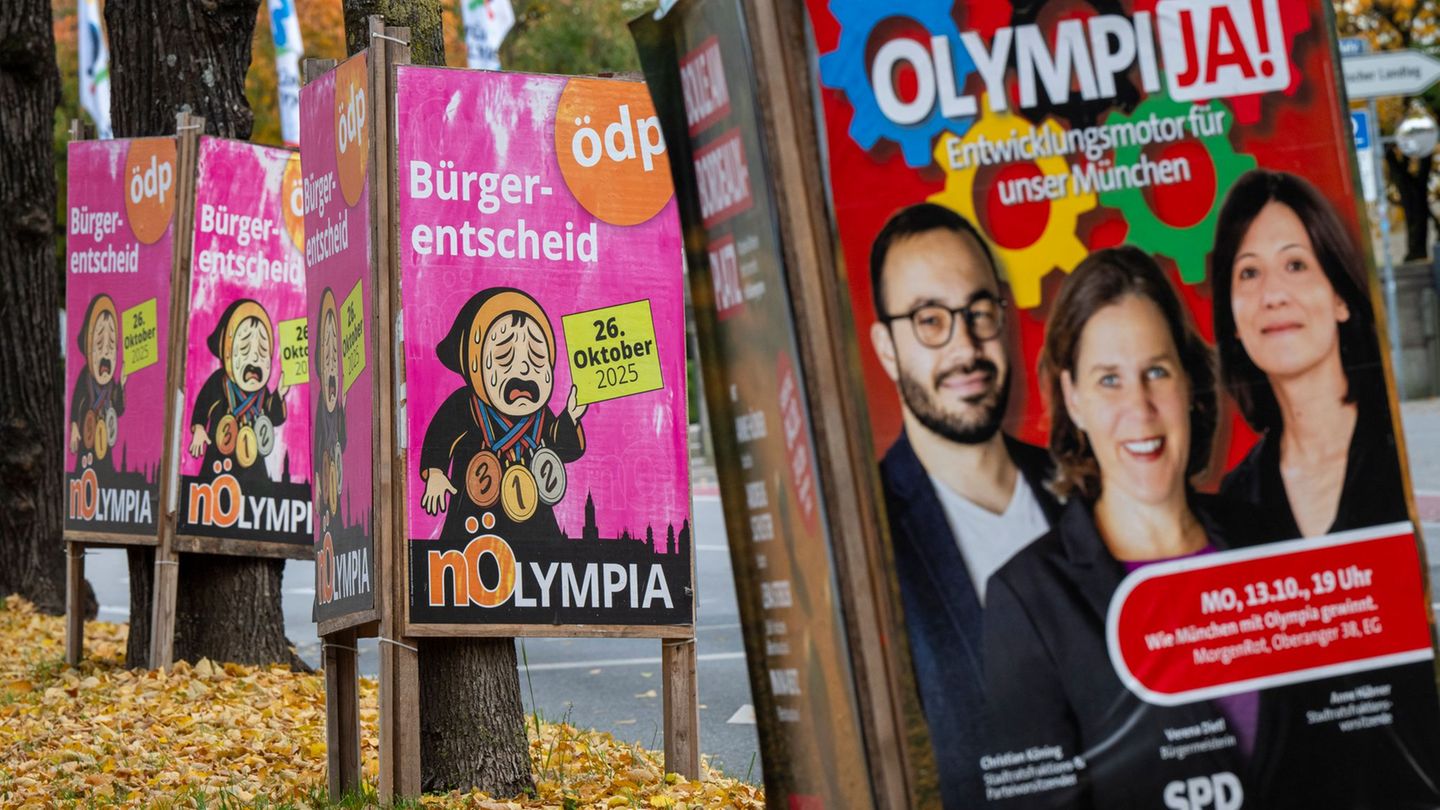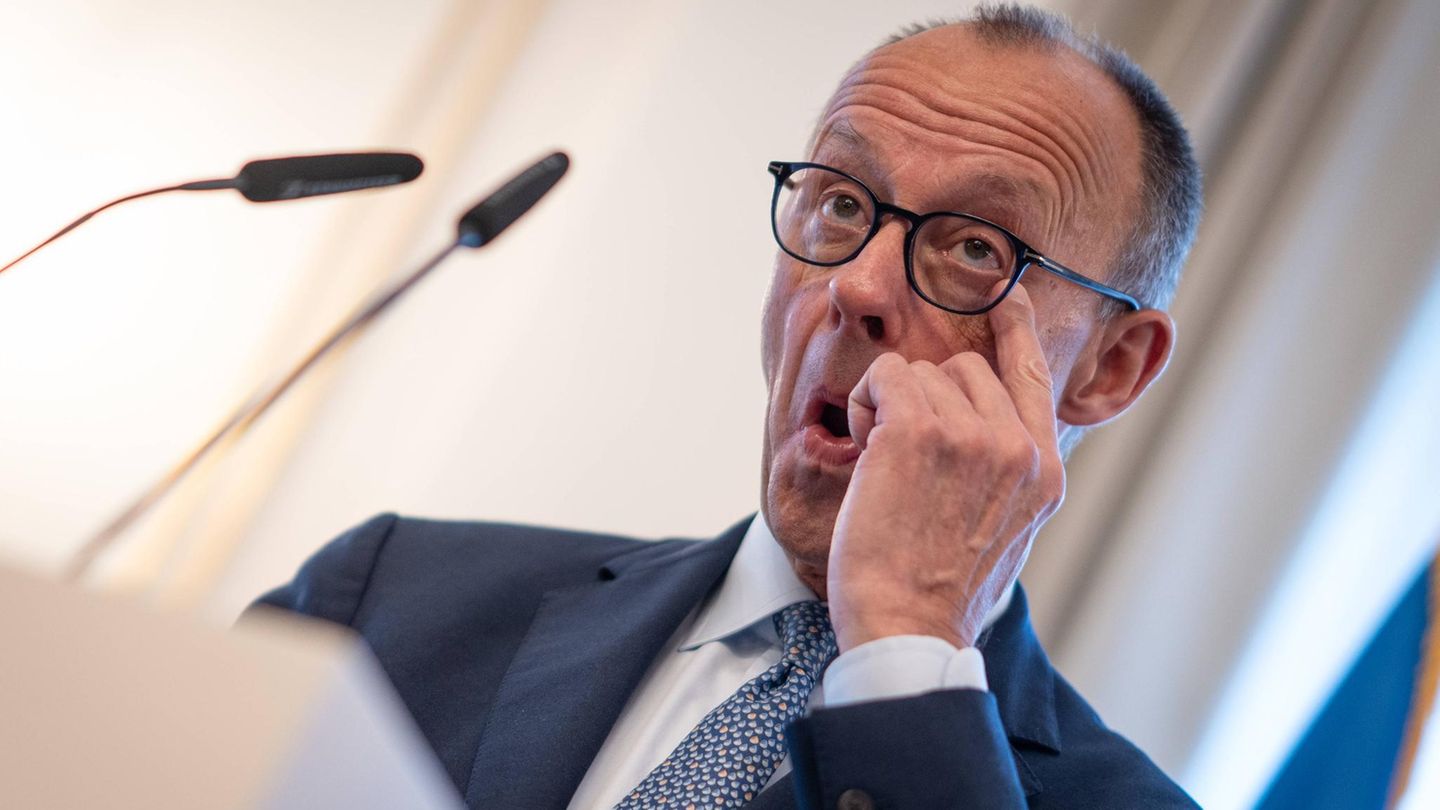With some drastic measures, the government is increasing the pressure on the unvaccinated. The success is moderate, as a recent study shows. Is that a pure defiant reaction?
Whether free sausages, trips on a steamer or 2G and chargeable corona tests: In order to convince people in Germany of the vaccination, districts, authorities and politicians are constantly coming up with new ideas. Finally, the nationwide week of action should bring people to the needle. But the balance sheet is sobering. The approximately 14,200 vaccination campaigns could hardly increase the motivation in the population. On the contrary, the numbers are stagnating. As of Tuesday, 68 percent of the population had been vaccinated against the coronavirus once and 64 percent had been completely vaccinated. Even drastic decisions, such as the inevitable wage cut in the event of quarantine, cannot change that much.
And that’s exactly where the problem lies, say researchers at the Hamburg Center for Health Economics. Since the beginning of the pandemic, EU citizens – including around 1000 adults from Germany – have been surveyed every two months under the direction of the research facility. The results make it clear how attitudes towards vaccination have changed and who is still struggling or even having doubts. It took place from September 7th to 21st and shows: The vaccination readiness in Germany reached its highest level with 82 percent. The proportion of those who do not want to be vaccinated falls to 13 percent. But at the same time resistance is growing among the unvaccinated.
High expectations reduce willingness to vaccinate
Of them, only twelve percent said they were ready to be vaccinated. 22 percent are still unsure. There are three reasons for this: According to the study, 61 percent do not want to support the pharmaceutical companies’ pursuit of profit. 74 percent think the vaccination is too unsafe. And 67 percent of those questioned feel they are being put under pressure by social and political expectations.
In fact, the subject of vaccination is heavily politicized in Germany. Politicians appeal to citizens to take responsibility, and expectations are correspondingly high, says economics professor Jonas Schreyoegg from the University of Hamburg. “We see that unvaccinated people feel pressured by measures such as paid tests and 2G. About a third say that these measures tend to have a negative impact on their willingness to vaccinate.”
Here, too, the statistics paint a clear picture: The fact that unvaccinated people are denied access to restaurants or the workplace requires a vaccination does not change anything in terms of willingness to vaccinate for more than two thirds of those surveyed. The respondents responded similarly to chargeable rapid tests and to disclosure of vaccination status at the workplace. A little less than a third even stated that they did not want to be vaccinated despite the measures.
Let the celebrities do the talking
In order to reach and convince people, Schreyoegg considers targeted information campaigns in regions with particularly low vaccination readiness to be more effective. However, the survey also showed that half of them are not interested in this educational work, “but rather can be reached through emotional messages”. Like in Portugal. There, the vaccination rate for people who have been vaccinated completely and simply is over 80 percent. According to Schreyoegg, the issue is less politically charged in the country – which is partly because celebrities, doctors and scientists are in charge.
This is also an option for Germany. Emotional messages from celebrities could also reach people who were previously less receptive to classic information campaigns.




